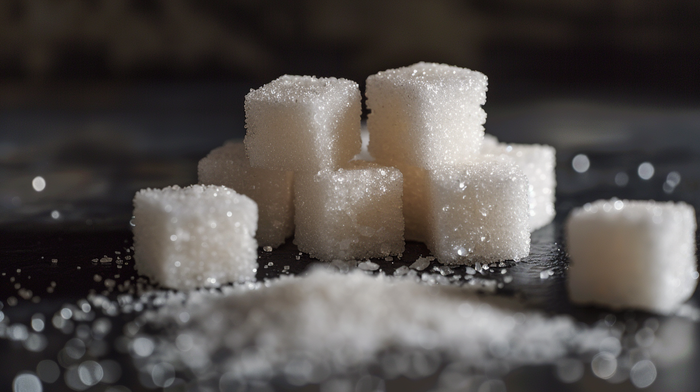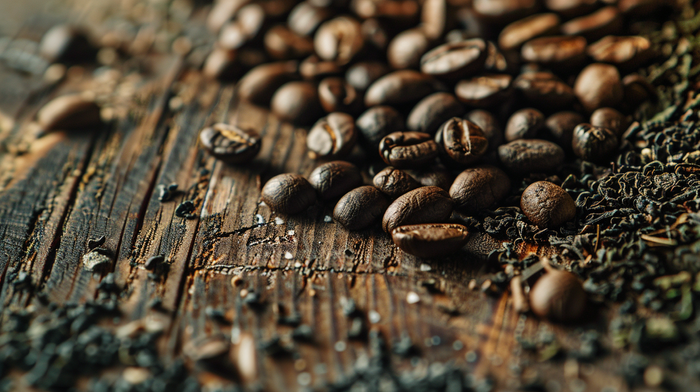What beverage ingredients can negatively affect your health?
Beverages are an integral part of our daily diet. From refreshing mineral water to juicy fruit juices to energizing sodas and coffee. While many of them can provide a quick refreshment or energy boost, not all of them are beneficial to our health. In fact, some ingredients in popular beverages can have a negative impact on our well-being and even contribute to the development of serious diseases. In this article, we will take a closer look at which substances in beverages we should avoid in order to enjoy good health.
Sugar - the sweet enemy

One of the most common ingredients in beverages that can negatively affect our health is sugar. It can be found in sodas, juices and even in some energy drinks and teas. Excessive consumption of sugar has been linked to many health problems, including obesity, type 2 diabetes, heart disease, and tooth decay. Sugar added to beverages is particularly harmful because it is easily absorbed in large quantities without providing the body with any nutritional value.
Artificial sweeteners - false friends
In response to growing concerns about the negative effects of sugar, many people are turning to beverages sweetened with artificial sweeteners, considering them a healthier alternative. Artificial sweeteners, such as aspartame, sucralose and acesulfame K, are significantly sweeter than sugar, while providing no calories. However, a growing body of research points to potential risks associated with their use, including a possible increase in appetite, imbalance of the gut microbiome and even the risk of developing certain types of cancer.
Caffeine - an insidious stimulant

Caffeine is another ingredient found in many beverages - from coffee and tea to energy drinks and some types of colas. Although in moderate doses caffeine can improve concentration and increase alertness, excessive consumption can lead to negative effects such as insomnia, nervousness, accelerated heartbeat and even addiction. Caffeine-sensitive individuals in particular should monitor the amount of caffeinated beverages they consume.
Dyes and preservatives - a chemical cocktail
Many beverages, in order to maintain their freshness and attractive appearance, contain various types of dyes and preservatives. While these substances help extend the shelf life of products and improve their aesthetics, they can also have adverse health effects. Some dyes, such as tartrazine (E102) and azorubine (E122), have been linked to allergic reactions and hyperactivity in children. Preservatives, such as sodium benzoate (E211), may contribute to digestive disorders and skin problems.
Summary
When choosing beverages, it is worth paying attention to their composition. Avoiding products with high sugar content, artificial sweeteners, excessive caffeine, dyes and preservatives can have a significant impact on our health. Instead of reaching for processed beverages, opt for natural alternatives such as water, unsweetened teas or freshly squeezed juices. Remember that our health starts with what we drink, so by making conscious choices, we can significantly improve our quality of life.




